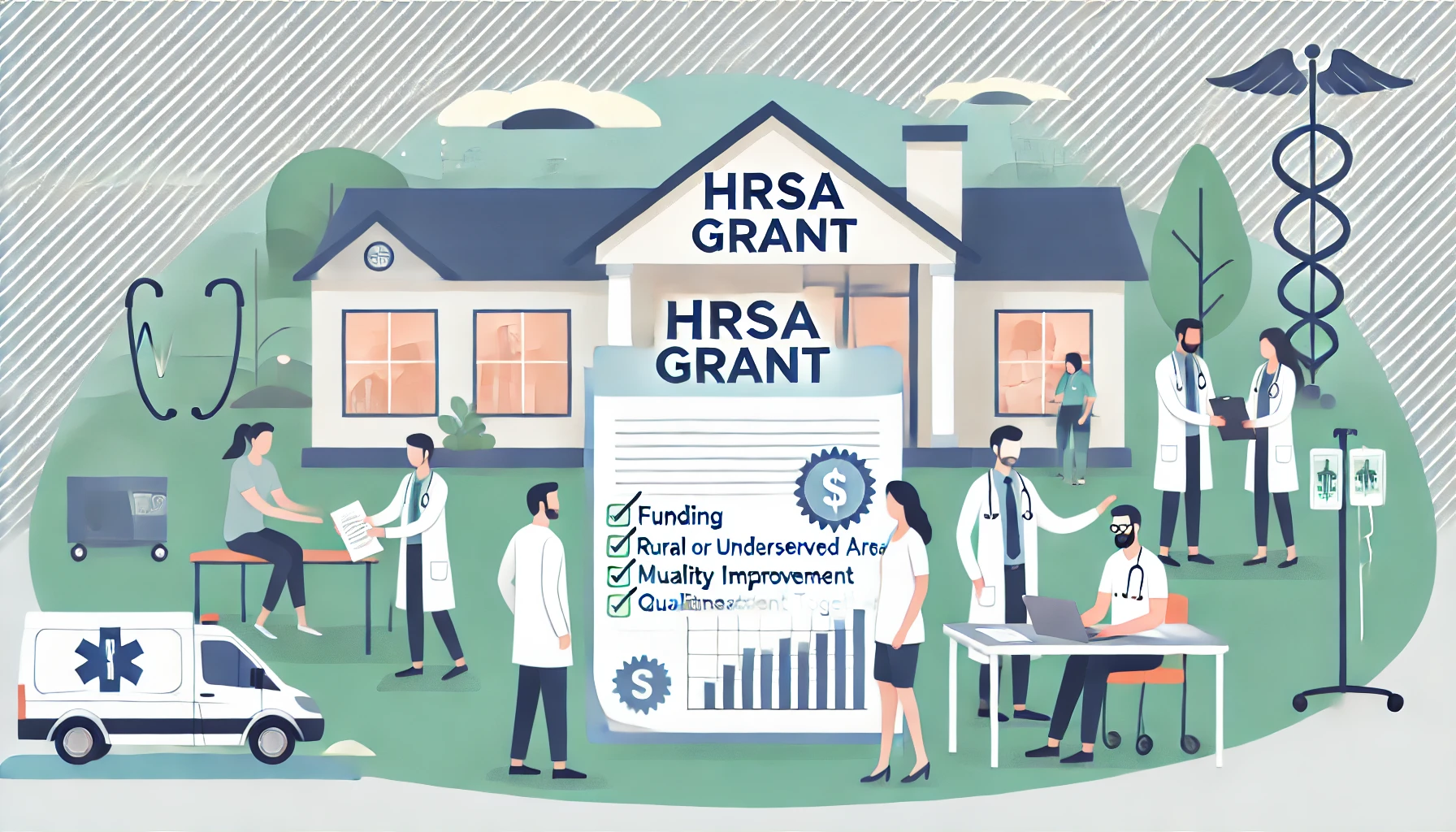
Table of Contents

Florida's Controversial Medical Malpractice Law: A 2025 Deadline?
Florida's "Free Kill" law limits who can sue for medical malpractice, sparking debate over justice vs. cost control as a potential 2025 reform looms.
Florida's Controversial Medical Malpractice Law: A 2025 Deadline?
Florida’s "Free Kill" medical malpractice law has long sparked heated debate, leaving many families frustrated by its limitations on who can pursue lawsuits in cases of potential medical negligence. As the clock ticks toward 2025, the deadline for possible legislative change, the conversation around this contentious law is reaching new heights. A recent article from Florida Trend sheds light on key aspects of this ongoing issue, raising intriguing questions about the intersection of law, healthcare, and accountability.
What Is Florida’s “Free Kill” Law?
Dubbed the “Free Kill” law by critics, this legal provision limits who can bring lawsuits in medical malpractice cases. Specifically, it bars adult children over the age of 25 and unmarried adults from suing on behalf of their parents if the alleged malpractice results in death. Proponents argue that the law helps curb frivolous lawsuits, which could potentially drive up healthcare costs; however, critics contend that it unjustly protects negligent parties at the expense of grieving families.
The central issue lies in the exclusion of these specific demographics from seeking legal recourse, a policy not mirrored in most other types of wrongful death lawsuits. The law has drawn significant criticism over the years, particularly from families who feel powerless to hold medical professionals accountable. As the Florida Trend article highlights, some opponents describe these restrictions as “heartless,” arguing that they disproportionately harm vulnerable individuals.
Looking Ahead: Could Change Be on the Horizon?
For those seeking reform, 2025 may offer a potential turning point. Legislative efforts to repeal or revise the “Free Kill” provision have been made in the past, largely without success. However, growing public awareness and emotional testimony from affected families keep the discussion alive. Advocates hope to see Florida align its medical malpractice laws with those of the majority of other states, which impose fewer restrictions on who can file a lawsuit.
Despite pressure from advocacy groups and individuals, significant opposition remains. Some lawmakers and healthcare professionals caution that loosening the law could open the floodgates to excessive litigation. This, in turn, might strain an already overburdened medical system and potentially raise healthcare costs for patients across the board. Balancing these complex concerns is no small task, and the prospect of comprehensive reform remains uncertain.
Points of Agreement and Debate
Advocates and opponents of the “Free Kill” law often find themselves at odds over several key questions:
- Is the law too restrictive, leaving families with limited recourse in cases of malpractice? Supporters of reform argue that the current system unfairly shields healthcare providers, while critics of reform believe it helps maintain stability in the healthcare industry.
- Do restrictions truly prevent frivolous lawsuits? Some believe the limitations effectively deter baseless claims, while others argue they unfairly bar legitimate ones as well.
- What should take precedence: cost containment or justice for grieving families? This fundamental question lies at the heart of the ongoing debate, highlighting the tension between financial considerations and emotional or moral imperatives.
One parent who lost an adult child to suspected malpractice revealed their struggles with the current system in the Florida Trend article. According to them, the law leaves families feeling as if “nobody’s life really matters anymore if they happen to be unmarried and over the age of 25.” Such heartfelt accounts add an emotional dimension to what might otherwise seem like an abstract policy discussion. Yet, detractors urge caution, cautioning that policymaking based primarily on emotions could lead to unintended consequences for healthcare providers and patients alike.
Alternative Perspectives
While much of the discussion centers around attempts to repeal or loosen the law, another angle considers whether reform might take the shape of more targeted changes. For example:
- Creating exceptions for specific cases, such as those involving gross negligence or systemic failures.
- Establishing clearer criteria for assessing which lawsuits should proceed, balancing accountability with fairness to medical professionals.
- Offering alternative pathways for individuals to seek compensation, such as state-run compensation funds for families who cannot sue under current restrictions.
These ideas could potentially address some criticisms of the law without opening the door to extensive litigation. However, whether such measures could gain traction in Florida’s politically charged environment remains to be seen.
The Big Picture: What’s at Stake?
At its core, the debate over the “Free Kill” law reflects broader issues that resonate across the United States:
- The balance between protecting healthcare providers from undue legal burdens and ensuring justice for patients and families.
- The intersection of healthcare access, affordability, and accountability.
- The role of emotional narratives in influencing public policy.
As stakeholders on both sides prepare for what could be a heated legislative session in 2025, the stakes remain high. Families who have endured tragedy continue to call for justice, while healthcare professionals warn of the potential risks of broad reform. Whether Florida’s lawmakers can find a middle ground acceptable to all parties remains an open question.
Closing Thoughts: Time for Rethink or Stay the Course?
Florida’s “Free Kill” law presents a complex challenge with no easy answers. Emotional arguments from those affected by malpractice demand attention, yet fears of creating a litigious environment cannot be dismissed out of hand. As the 2025 deadline draws closer, it seems likely that this issue will spark even more robust debate.
Will Florida ultimately side with reform advocates, bringing its laws closer in line with other states? Or will it maintain the status quo, prioritizing cost containment and legal protections for healthcare providers? Only time will tell. For now, readers are left to ponder: Should laws that deal with justice and accountability be held hostage to fears of cost and litigation? Share your thoughts and let your voice be heard as Florida grapples with these pressing questions.

Why Every Hospital Needs a Quality and Patient Safety Program
Every hospital needs a quality and patient safety program to reduce harm, improve care, and foster a culture of accountability.
.png)
.png)

HRSA FQHC Requirements: A Comprehensive Guide for Healthcare Providers
When it comes to federally qualified health center requirements, there’s no shortage of regulations, expectations, and—depending on your perspective—opportunities.
.png)
.png)

Unlocking Funding: A Guide to Health Resources and Services Administration (HRSA) Grants
Use HRSA grants to fund external peer review programs that enhance care quality, reduce bias, and support compliance in health centers.
.png)
.png)



.png)
.png)
.png)






.png)